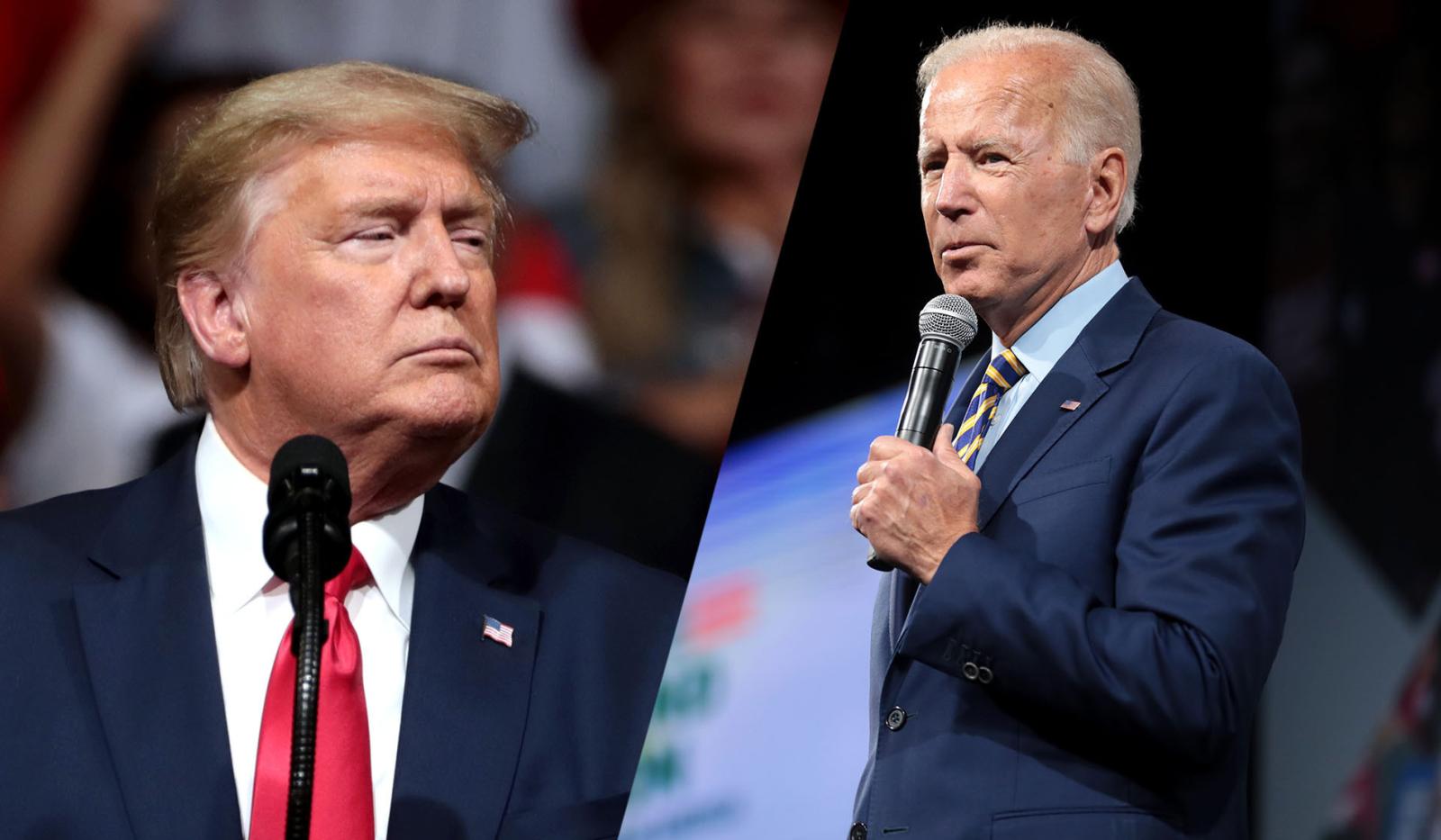It’s probably the biggest cliché around when it comes to U.S. presidential elections, but it’s a cliché for a reason. The swing states will ultimately determine the fate of every presidential election. Safe states are not enough, by themselves, to win an election for either of the main parties.
Most pollsters recognize that in 2020, there will be six key swing states. Arizona, Florida, Michigan, North Carolina, Pennsylvania, and Wisconsin. Between the six, they total 101 Electoral College votes. Most importantly of all, Hillary Clinton won none of these six states in 2016. Admittedly, she only lost Pennsylvania, Michigan, and Wisconsin by 107,000 votes combined, but those 107,000 votes cost her an important 46 Electoral College votes.
So how can the Democrats make these states feel important again?
Well, one way to do that would be to pay them the attention they deserve. Clinton recognized that she didn’t do that when it comes to Wisconsin in her book, What Happened. She said: “If there’s one place where we were caught by surprise, it was Wisconsin. Polls showed us comfortably ahead, right up until the end. They also looked good for the Democrat running for Senate, Russ Feingold.”
Feingold lost his Senate race to Republican Ron Johnson.
Believing the polling data to be accurate, Clinton did not visit Wisconsin once she had become the Democratic nominee. Once she lost the Democratic primary to Bernie Sanders, Clinton never returned to the state. According to NBC News, Donald Trump visited Wisconsin at least six times after winning the Republican nomination.
The evidence from 2016 is that sending your high-profile surrogates isn’t enough. Clinton’s Vice-Presidential pick Tim Kaine, then-President Barack Obama, and then-Vice President Joe Biden all visited Wisconsin on Clinton’s behalf. If one or two of those visits had been made by candidate Clinton herself, who knows what might have happened in Wisconsin.
Sometimes, it helps to know when a state just won’t turn for you, no matter how hard you campaign there. One example in 2016 was Iowa, where Clinton campaigned ferociously to turn what was always a Trump-leaning state. Iowa was never likely to turn towards Clinton, instead, Iowa favored Donald Trump and the demographics his campaign was actively targeting. In 2016, Iowa had the largest number of white voters without college degrees, according to the New York Times.
So what lessons can Joe Biden learn from Clinton’s campaign in 2016? Well, the obvious one is to treat the six aforementioned battleground states with the respect they deserve. Donald Trump has already caught on to where the 2020 election will be won, organizing campaign rallies in Oklahoma, Arizona, and Florida.
Biden has preferred to stay out of the public eye due to the coronavirus pandemic. But he has continued to host roundtable, town-hall-style discussions from his home studio. These discussions are usually held with community leaders, across various issues, from around the country. As the election gets closer, it will be interesting to see if Biden follows the play of the Trump campaign and begins to focus his discussions on the issues in the swing states.
Biden has also yet to name his Vice-President. In 2016, Hillary Clinton chose Virginia Senator Tim Kaine, more than likely to shore up the Virginia vote for the Democrats. In 2020, Virginia is more likely to vote for the Democrats than it was in 2016. If Biden wants to make the battleground states extra-competitive, he might consider a VP pick from one of the six swing states. Biden could choose Tammy Baldwin, Democratic Senator from Wisconsin, or Val Demings, the Democratic Representative for Florida’s 10th District. That would make those statewide races very interesting.
Joe Biden seems to be in roughly a similar position that Clinton found herself in, this far out from the general election for years ago. Polls consistently show Biden with significant leads, both in the nationwide race and in most of the swing states (though as we saw in Part One of this series, polls can be deceiving!). Yet this race is far from over. Biden needs to make sure that he doesn’t take the polling data for granted – regardless of how well he may be doing in the swing states, unless Biden can demonstrate he values them enough, he could be in for a very rude, 2016-style awakening.
Donate Now to Support Election Central
- Help defend independent journalism
- Directly support this website and our efforts
